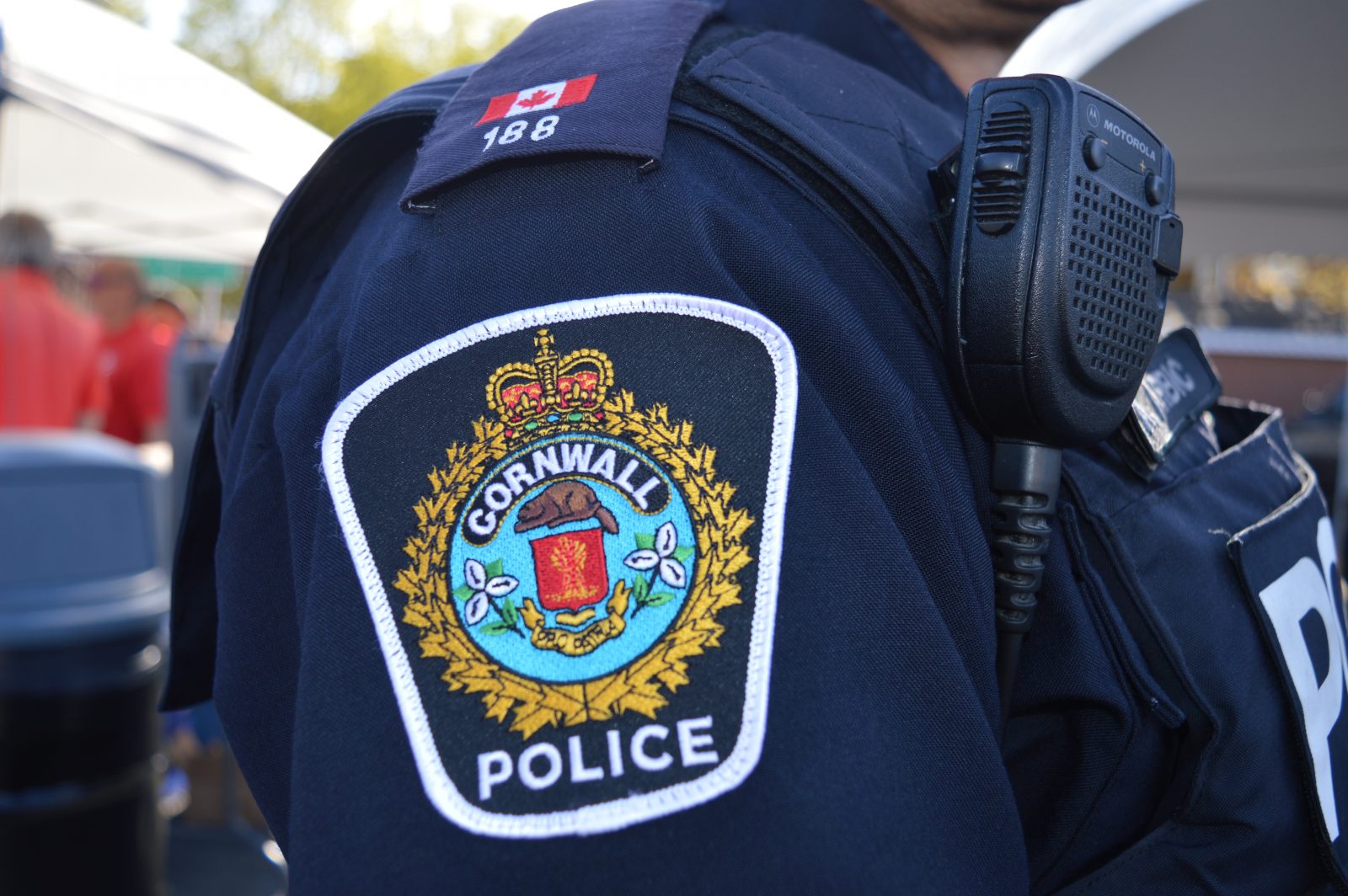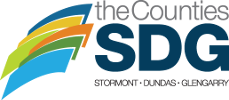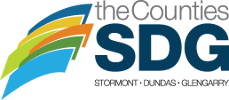CORNWALL, Ontario – As COVID-19 continues to spread globally, the Cornwall Police Service (CPS) and the Canadian Anti-Fraud Centre (CAFC) is warning the public to watch out for associated scams. Fraudsters want to profit from consumers’ fears, uncertainties and misinformation, and are exploiting this pandemic by committing fraud and cyber crimes.
The CPS and CAFC are warning residents to beware of:
- Spoofed government, healthcare or research information (including photoshopped notices by official agencies)
- Unsolicited calls, emails and texts giving medical advice or requesting urgent action or payment
- If you didn’t initiate contact, you don’t know who you’re communicating to
- Never respond or click on suspicious links and attachments
- Never give out your personal or financial details
- Unauthorized or fraudulent charities requesting money for victims, products or research
- Don’t be pressured into making a donation
- Verify that a charity is registered
- High-priced or low-quality products purchased in bulk by consumers and resold for profit
- These item may be expired and/or dangerous to your health
- Questionable offers, such as:
- miracle cures
- herbal remedies
- vaccinations
- faster testing
- Fake and deceptive online ads, including:
- cleaning products
- hand sanitizers
- other items in high demand
Some of the scams that have already been reported to the CAFC include:
Fraudsters posing as:
- Cleaning or heating companies
- offering duct cleaning services or filters to protect from COVID-19
- offering “special” air filters
- Local and provincial hydro/electrical power companies
- threatening to disconnect your power for non-payment
- Centers for Disease Control and Prevention or the World Health Organization
- offering fake lists for sale of COVID-19 infected people in your neighbourhood
- Public Health Agency of Canada
- giving false results saying you have been tested positive for COVID-19
- tricking you into confirming your health card and credit card numbers for a prescription
- Red Cross and other known charities
- offering free medical products (e.g. masks) for a donation
- Government departments
- sending out coronavirus-themed phishing emails
- tricking you into opening malicious attachments
- tricking you to reveal sensitive personal and financial details
- Financial advisors
- pressuring people to invest in hot new stocks related to the disease
- offering financial aid and/or loans to help you get through the shut downs
- Door-to-door sales people
- selling household decontamination services
- Private companies
- offering fast COVID-19 tests for sale
- Only hospitals can perform the tests
- No other tests are genuine or guaranteed to provide accurate results
- selling fraudulent products that claim to treat or prevent the disease
- Unapproved drugs threaten public health and violate federal laws
- offering fast COVID-19 tests for sale
The CPS would like to remind the public to use caution when solicited by any unknown individual or company. Remember:
- Don’t be afraid to say no: If a telemarketer tries to get you to buy something or to send them money right away, request the information in writing and/or hang up
- Do your research: Always verify that the organization you’re dealing with is legitimate before you take any other action (i.e. look online for contact information for the company that supposedly called you, and call them to confirm)
- Talk to a trusted loved one: If you’ve received a call or other contact from a family member in trouble, talk to other family members to confirm the situation.
- Watch out for fake or deceptive ads, or spoofed emails: Always verify the company and its services are real before you contact them.
- Don’t give out personal information: Beware of unsolicited calls where the caller asks you for personal information. If you didn’t initiate the call, you don’t know who you’re talking to.
- Beware of upfront fees: Many scams request you to pay fees in advance of receiving goods, services, or a prize. It’s illegal for a company to ask you to pay a fee upfront before they’ll give you a loan.
For trusted resources and advice during COVID-19:
- Reference the latest health information from these legitimate sources:
- Coronavirus disease (COVID-19) (Public Health Agency of Canada)
- Coronavirus disease (COVID-19) outbreak (World Health Organization)
- COVID-19 Novel Coronavirus (Eastern Ontario Health Unit)
For more information about these scams and others, visit the Canadian Anti-Fraud Centre.





[…] Read More… […]